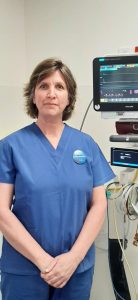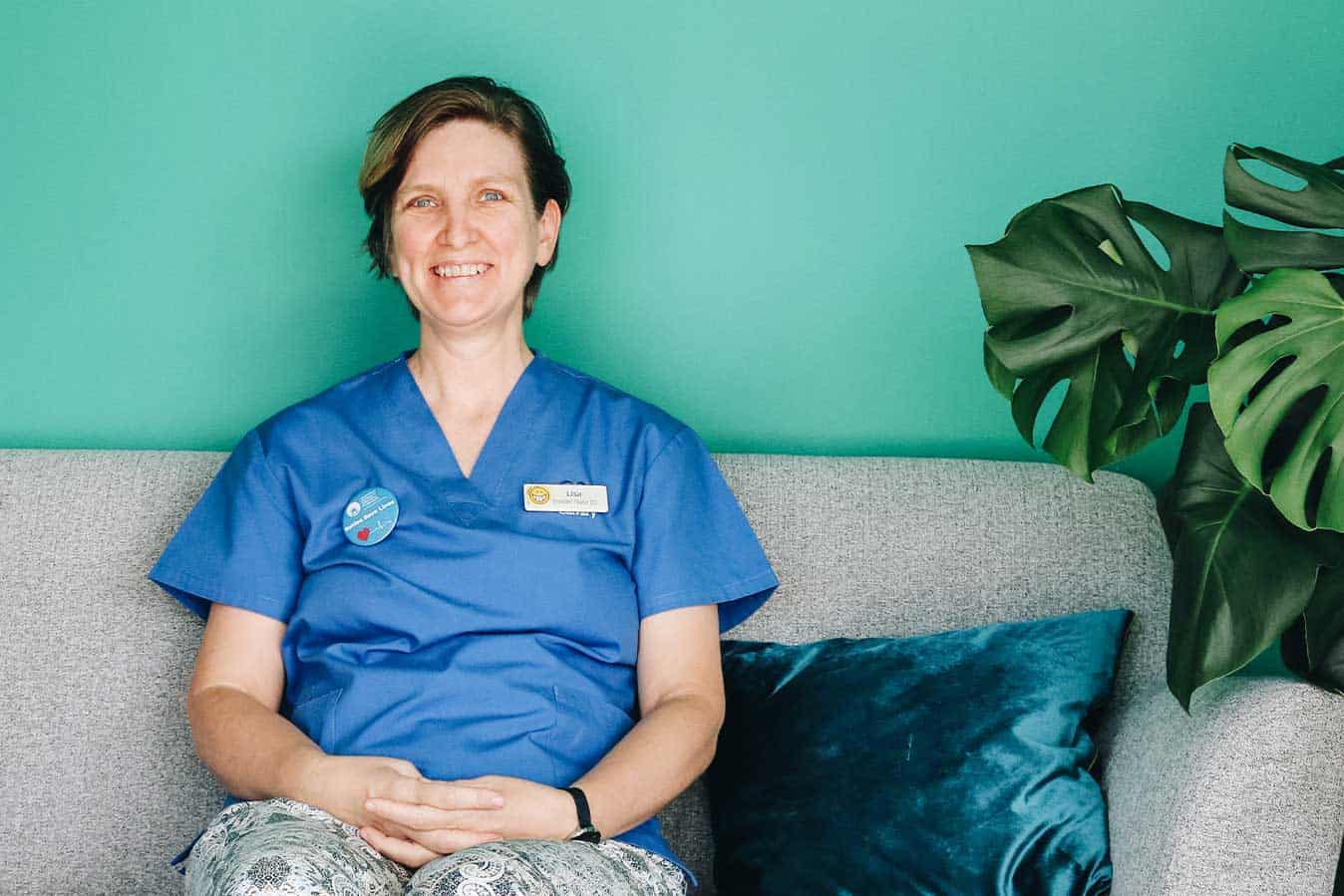As the historic referendum to decide whether to amend the Australian Constitution to recognise Aboriginal and Torres Strait Islander people and enshrine a Voice to Parliament fast approaches, the ANMJ chats with ACT Enrolled Nurse Lisa Bourke about her views.
What information have you accessed to help inform your vote?
I haven’t had to do a lot of dedicated research as to me, this is a no-brainer.
When people have input into matters that affect their being, there is a sense of empowerment, of being heard, and you gain a feeling that you matter.
We can look to New Zealand, Canada and the Sami experience (Norway, Finland, Sweden). Establishing a representative body that allows for the independent flow of information and ideas on how to better reach and include First Nations people can only be good for the whole of the country.
The innovation that is possible in this space has flow-on effects into the way the Government can engage and provide services to everybody that calls Australia their home.
Have you had any discussions with family, friends, or colleagues, about the Voice referendum?
I try to let people make up their own minds.
I hope that the discussions I have had were thought-provoking rather than to try to sway a person to my way of thinking. In the end, it is everybody’s individual responsibility to decide if innovation, inclusion and respect are values that they support.
Why are you voting ‘Yes’ to enshrine an Aboriginal and Torres Strait Islander Voice to Parliament in the Constitution?
It is the right thing to do.
We need to recognise our First Nations people and provide them with the recognition and empowerment to fully-embrace self-determination in respect of specific policies and programs that truly allow them to thrive and prosper.
The union movement, including the ANMF, is backing a ‘Yes’ vote. Is the Voice to Parliament nurses’ and midwives’ business?
I think it’s everybodys business to ensure that all Australians have access to the same rights, freedoms and opportunities our country can provide.

Nurses and midwives are uniquely placed to comment on the difficulties First Nations people have in respect of access to services and the appropriateness of those services for First Nations people.
We are a workforce that relies on evidence to guide our practice and the evidence is clear: First Nations people have a lower life expectancy than non-Indigenous people do. They are more likely to suffer with cardiac disease, diabetes, low birth weights and childhood mortality and dependency issues.
Nurses and midwives are committed to providing holistic care and improving health literacy amongst our populations. Who better to tell us how care needs to be provided and the services that are required than the people who are immediately affected?
Have you spoken to any Aboriginal and Torres Strait Islander people about how the Voice would affect their lives?
I have recently had the opportunity to hear from several First Nations women speaking at the ACT Branch Biennial conference. The message was clear. It is about being recognised. Being heard and valued and being able to help guide and direct service development in a way that is culturally safe for First Nations people.
How will constitutional recognition improve health outcomes for Aboriginal and Torres Strait Islander people?
Constitutional recognition is just a first step to enable a consultative body to be formed. I think, however, that it will be a big step in ratifying the sentiment of the Uluru Statement from the Heart and shows genuine intent to recognise, respect and value the history and importance of First Nations people culture to the journey of all Australians.
Specifically speaking to improved health outcomes – having an independent advisory body will mean that regardless of changes to Government we should see stability and continuity within the process for targeted policy development and service design.
First Nations people influencing policy direction will help improve education to both First Nations people and healthcare providers to ensure culturally safe spaces and practices. The flow-on effect being greater access and trust in the services being provided. Great health outcomes will not happen if there is no trust in the system nor the people delivering the care.








